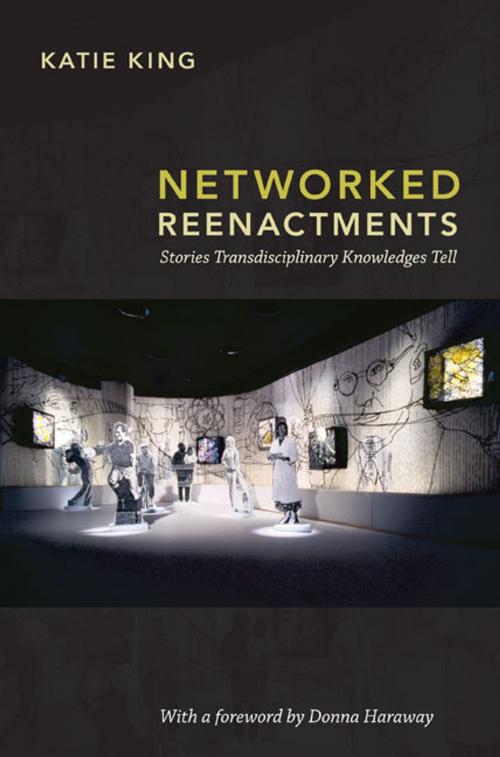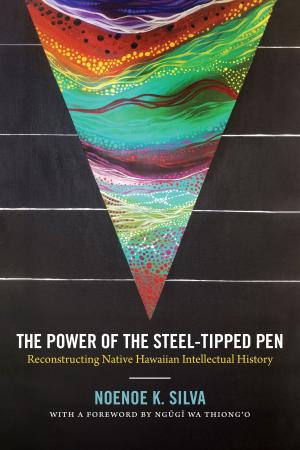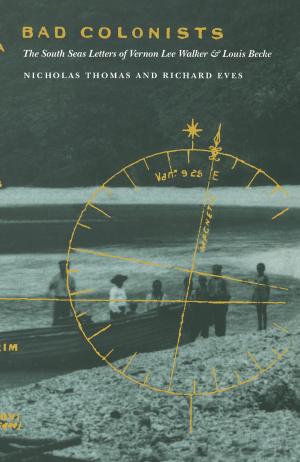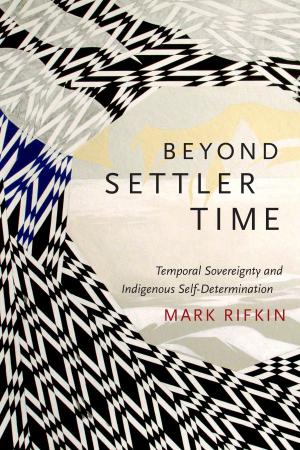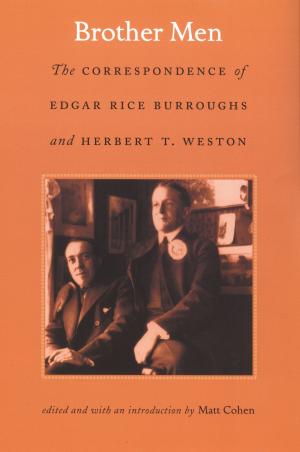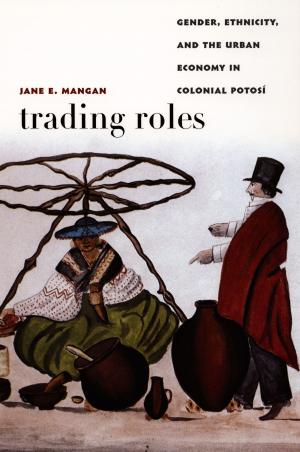Networked Reenactments
Stories Transdisciplinary Knowledges Tell
Nonfiction, Entertainment, Film, History & Criticism, Social & Cultural Studies, Social Science, Gender Studies, Feminism & Feminist Theory| Author: | Katie King | ISBN: | 9780822394464 |
| Publisher: | Duke University Press | Publication: | January 5, 2012 |
| Imprint: | Duke University Press Books | Language: | English |
| Author: | Katie King |
| ISBN: | 9780822394464 |
| Publisher: | Duke University Press |
| Publication: | January 5, 2012 |
| Imprint: | Duke University Press Books |
| Language: | English |
Since the 1990s, the knowledge, culture, and entertainment industries have found themselves experimenting, not altogether voluntarily, with communicating complex information across multiple media platforms. Against a backdrop of competing national priorities, changing technologies, globalization, and academic capitalism, these industries have sought to reach increasingly differentiated local audiences, even as distributed production practices have made the lack of authorial control increasingly obvious. As Katie King describes in Networked Reenactments, science-styled television—such as the Secrets of Lost Empires series shown on the PBS program Nova—demonstrates how new technical and collaborative skills are honed by television producers, curators, hobbyists, fans, and even scholars. Examining how transmedia storytelling is produced across platforms such as television and the web, she analyzes what this all means for the humanities. What sort of knowledge projects take up these skills, attending to grain of detail, evoking affective intensities, and zooming in and out, representing multiple scales, as well as many different perspectives? And what might this mean for feminist transdisciplinary work, or something sometimes called the posthumanities?
Since the 1990s, the knowledge, culture, and entertainment industries have found themselves experimenting, not altogether voluntarily, with communicating complex information across multiple media platforms. Against a backdrop of competing national priorities, changing technologies, globalization, and academic capitalism, these industries have sought to reach increasingly differentiated local audiences, even as distributed production practices have made the lack of authorial control increasingly obvious. As Katie King describes in Networked Reenactments, science-styled television—such as the Secrets of Lost Empires series shown on the PBS program Nova—demonstrates how new technical and collaborative skills are honed by television producers, curators, hobbyists, fans, and even scholars. Examining how transmedia storytelling is produced across platforms such as television and the web, she analyzes what this all means for the humanities. What sort of knowledge projects take up these skills, attending to grain of detail, evoking affective intensities, and zooming in and out, representing multiple scales, as well as many different perspectives? And what might this mean for feminist transdisciplinary work, or something sometimes called the posthumanities?
